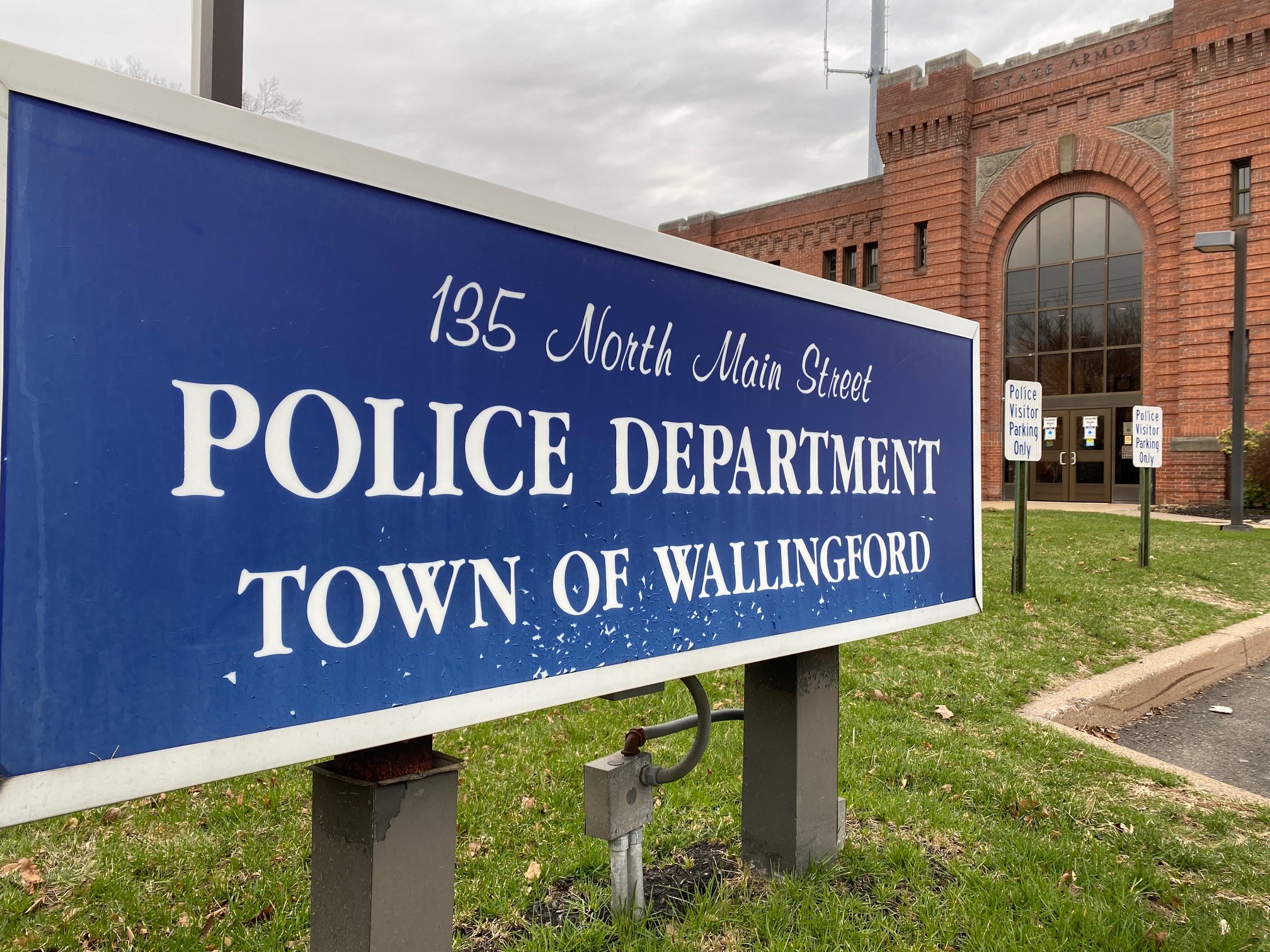Cities and towns across Connecticut are taking their arguments to anyone in the State Capitol who will listen when it comes to a proposal for them to pay for teacher pensions for the first time.
“It’s a major shift and it’s a major tax increase for communities just right off the top," said Leo Paul, the Republican First Selectman from Litchfield, and current president of the Council of Small Towns.
Paul argues that municipalities are simply not equipped to pay for teacher pensions, even though they negotiate individual benefits with their teachers and then the state covers the municipality's share of all costs.
Paul says the responsibility has always been with the state, and that's how it should remain.
“This plan has been the state’s responsibility since the late 1930’s. They’re the ones that have decided on how it should be constructed. We have nothing to do with that.”
Gov. Dannel Malloy's proposal, presented in his budget last month, would send a $400 million pension bill to all 169 cities and towns for them to cover for the next two fiscal years. The state currently pays for $1.2 billion teacher pensions, meaning the proposal would shift more than 30 percent of that burden to cities and towns.
The argument from Malloy and his budget secretary, who testified before lawmakers today in the Finance, Revenue & Bonding Committee, is that the budget needs drastic changes, and the pension problem is part of that.
Local
“We’ve believe you’ve got balance, that you have to have a structurally balanced budget to do business over time and that’s what we’ve proposed," Benjamin Barnes, the secretary of the Office of Policy and Management, said.
He cautioned that any threats of tax increases by local leaders is simply a, "quick fix," and added that taxpayers deserved accountability and more ideas on how to save money to pay for something they've always paid for through their income taxes.
“That suggests that local governments will simply respond to that by raising mill rates and some may elect to do that but others may elect find other ways of saving money within their operations.”
Paul, from Litchfield, said such an argument ignores the way property taxpayers interact with their government.
“It’s a direct impact right to their pocket. They pay their income taxes, they pay their sales taxes. They don’t walk into the state capitol and write a check, they walk into my town hall every single year.”



